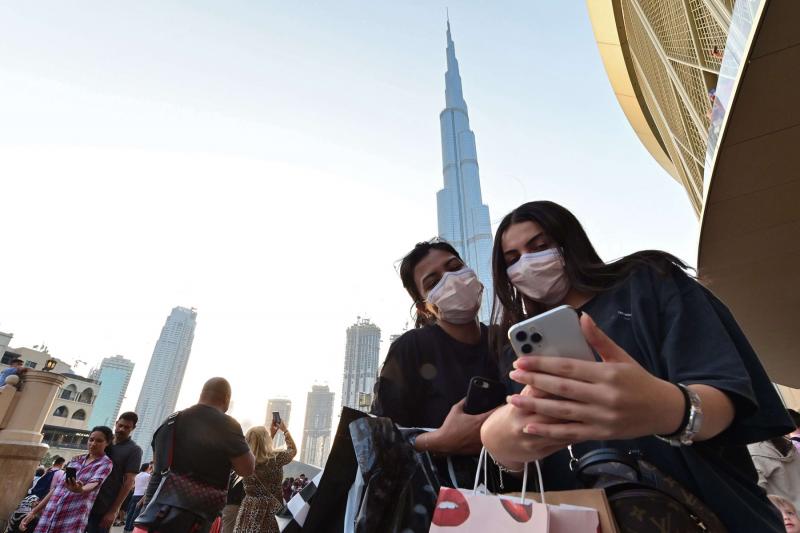The Coronavirus crisis is already affecting the global economy, with economists forecasting a global recession as deep as that of the Financial Crisis of 2008. The novel coronavirus Covid-19 has led fovernments all around the world to take extreme measures, like lockdown and enforced self-isolation. This pandemic, along with the oil price plunge, is taking its toll on the Middle East and Central Asia economy and it is only expected to intensify. Key sectors like tourism, production and manufacturing and oil exporters are the areas where the impact will be highest and most profound.
The coronavirus pandemic has become the largest near-term challenge to the global economy. The same can be applied to Middle East, Caucasus and Central Asia countries. As per the IMF, beyond the devastating toll on human health, the pandemic is causing significant economic turmoil in the region through simultaneous shocks—a drop in domestic and external demand, a reduction in trade, disruption of production, a fall in consumer confidence, and tightening of financial conditions. “The region’s oil exporters face the additional shock of plummeting oil prices. Travel restrictions following the public health crisis have reduced the global demand for oil, and the absence of a new production agreement among OPEC+ members has led to a glut in oil supply. As a result, oil prices have fallen by over 50 percent since the start of the public health crisis. The intertwined shocks are expected to deal a severe blow to economic activity in the region, at least in the first half of this year, with potentially lasting consequences.”

This also entails that lower export receipts will weaken external positions and reduce revenue, putting pressures on government budgets and spilling over to the rest of the economy. Oil importers, on the other hand, will likely be affected by second-round effects, including lower remittance inflows and weaker demand for goods and services from the rest of the region.
The International Monetary Fund also points out that measures to contain the pandemic’s spread are hurting key job-rich sectors, like tourism. In fact, tourist cancellations in Egypt have reached 80 percent, while hospitality and retail have been affected in the United Arab Emirates and elsewhere. Given the large numbers of people employed in the service sector, there will be wide reverberations if unemployment rises and wages and remittances fall.
Production and manufacturing are also being disrupted and investment plans put on hold. These adverse shocks are compounded by a plunge in business and consumer confidence, as we have observed in economies around the world.
Finally, sharp spikes in global risk aversion and the flight of capital to safe assets have led to a decline in portfolio flows to the region by near $2 billion since mid-February, with sizable outflows observed in recent weeks, a risk that expert Jihad Azour said in a recent blog. Equity prices have fallen, and bond spreads have risen. Such a tightening in financial conditions could prove to be a major challenge, given the region’s estimated $35 billion in maturing external sovereign debt in 2020.
Like much of the rest of the world, people in these countries were taken utterly by surprise with this development and many were unprepared.
